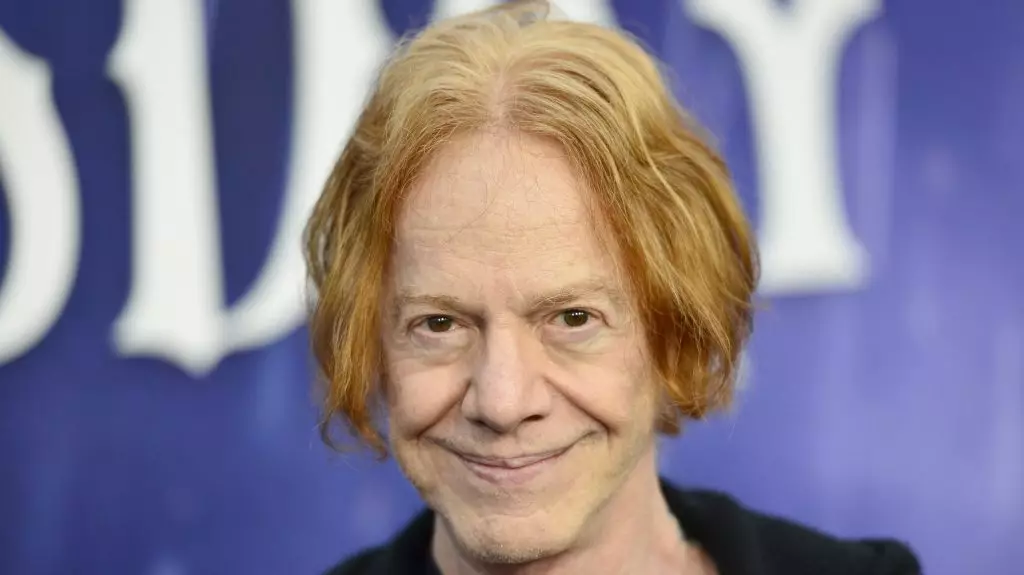The legal world has recently been stirred by composer Nomi Abadi’s defamation lawsuit against another prominent figure in the industry, Danny Elfman. The crux of the matter stems from statements made by Elfman, which, according to Abadi, were not only damaging but also misleading. Abadi filed the lawsuit in the Los Angeles Superior Court after Elfman’s comments to Rolling Stone that were published in July 2023. This dispute raises important questions about the power of public statements in celebrity culture, particularly when allegations of sexual misconduct are involved.
Claims of Defamation
Abadi’s suit asserts that Elfman’s remarks served to propagate falsehoods about her, suggesting that she was merely a “scorned woman” seeking financial gain due to personal grievances. These accusations implicitly undermine the serious nature of her allegations against Elfman, which involve unsettling claims of sexual harassment and misconduct. Abadi’s legal representation, led by attorney Eric George, aims to hold Elfman accountable for what they describe as “appalling lies” that question her integrity and motivations.
The background of the case reveals a significant narrative regarding power dynamics in the music industry. Abadi has accused Elfman of multiple incidents where he allegedly engaged in inappropriate behavior toward her, including instances of exposing himself and masturbating without consent. These grave allegations create a complex web of cause and effect that highlights the difficulties many face when bringing claims against powerful figures. Elfman has consistently denied these charges, reinforcing his stance throughout the unfolding events.
Media Implications
The involvement of media outlets like Rolling Stone adds another layer of complexity to this case. Reports from such influential publications warrant careful analysis, as they greatly impact public perception. Elfman’s denial, alongside his characterizations of Abadi, can shape narratives that linger in public consciousness, potentially skewing perceptions before an objective judicial process can occur. This underscores the importance of responsible reporting, especially when addressing sensitive topics like sexual misconduct and defamation.
The fallout from this high-profile lawsuit extends beyond the individuals involved; it holds implications for broader discussions about accountability in the entertainment industry. Abadi’s pursuit of justice may inspire others who feel silenced to speak out against abuse or misconduct. Conversely, it exemplifies the risks that can accompany such claims, specifically when counter-narratives are introduced by those with greater public influence.
Nomi Abadi’s lawsuit against Danny Elfman not only highlights individual grievances but also speaks to systemic issues in an industry often characterized by power imbalances. As this case unfolds, it remains crucial to monitor the balance between freedom of speech and the potential harm caused by public allegations. The outcome may not only affect the involved parties but could resonate deeply within the wider dialogue surrounding sexual harassment, defamation, and the responsibilities of both artists and the media in discussing these sensitive issues.


Leave a Reply